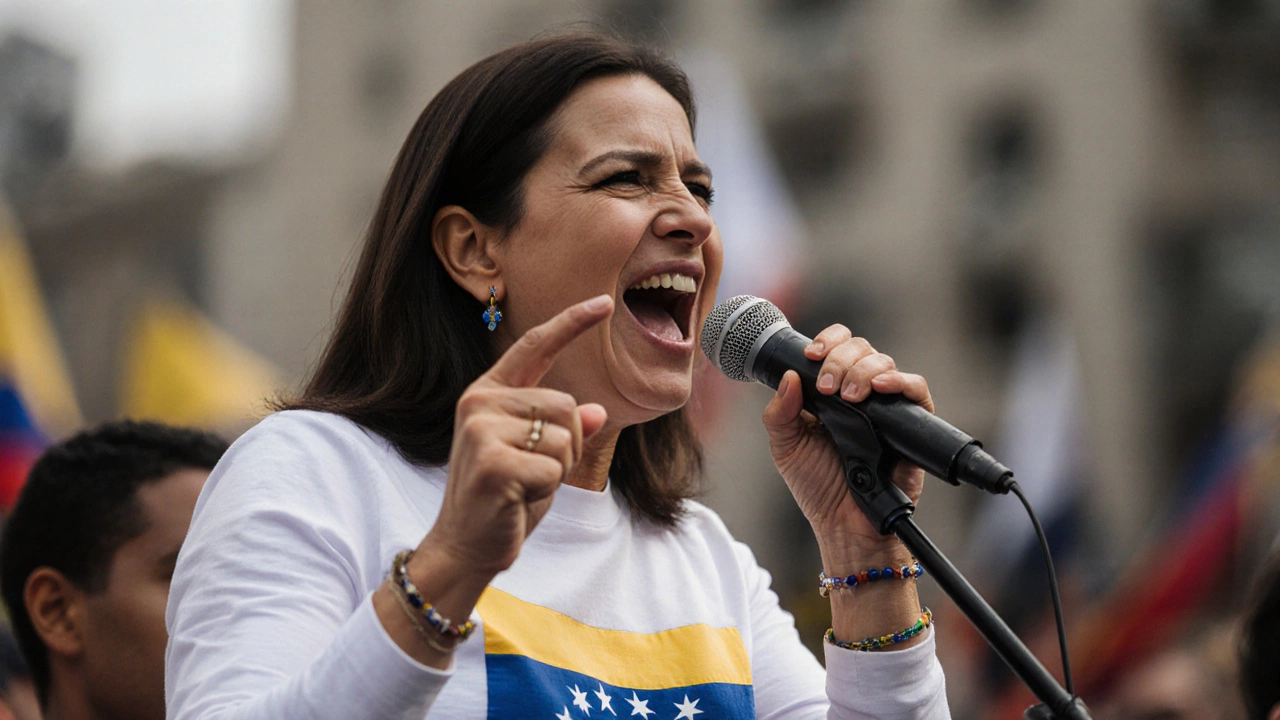Nicolás Maduro – Politics, Policy and Global Impact
When you hear the name Nicolás Maduro, the current president of Venezuela and a central figure in Latin American politics. Also known as Maduro, he has steered a nation grappling with economic strain, international pressure, and deep social divisions. The story of Nicolás Maduro cannot be untangled from Venezuela, a country rich in oil but plagued by political turmoil, the oil industry, the backbone of the national economy and a lever in global diplomacy, and the network of sanctions, trade and financial restrictions imposed by the United States and European Union. These entities shape each other: the government's policies affect oil production, oil revenues influence how sanctions hit the population, and the sanctions themselves pressure the leadership to adjust its course.
Why Maduro matters today
The socialist government, the political system Maduro inherited from Hugo Chávez, aims to redistribute wealth while maintaining strict state control is a key driver behind many of the country’s recent headlines. Under Maduro’s rule, oil revenues have shrunk dramatically due to falling global prices and the impact of sanctions, which in turn has tightened cash flow for public services. This economic squeeze has sparked a surge in opposition, a broad coalition of political parties, civil society groups, and disenfranchised citizens demanding change. The opposition’s tactics range from street protests to diplomatic appeals, each trying to leverage the international community’s concern over human rights abuses and shortages of food and medicine. As the opposition gains momentum, the government often responds with tighter security measures, creating a feedback loop where repression fuels dissent and vice‑versa.
On the global stage, international relations, the diplomatic ties between Venezuela and other nations, especially the U.S., China, and Russia play a decisive role in shaping Maduro’s options. China continues to invest in oil projects, providing a lifeline that bypasses western sanctions, while Russia supplies military equipment and political backing. Meanwhile, the United States and many European states keep pressing for a transition to democratic governance, often using sanctions as leverage. This tug‑of‑war creates a paradox: the more Venezuela leans on allies like China and Russia, the deeper its isolation from western markets becomes, tightening the economic squeeze that the government claims is caused by external interference. Understanding this balance is crucial for anyone trying to follow the ever‑shifting landscape of Venezuelan politics.
All this context sets the stage for the articles you’ll find below. Whether you’re looking for a quick snapshot of how oil sanctions affect daily life, a deeper dive into the opposition’s strategies, or an overview of the geopolitical chess game surrounding Maduro’s rule, the collection covers the main angles. Use these insights as a primer before you explore each post, and you’ll get a clearer picture of why Nicolás Maduro remains a pivotal, controversial figure in today’s world.
Venezuelan Opposition Leader María Corina Machado Wins 2025 Nobel Peace Prize
Venezuelan opposition leader María Corina Machado wins the 2025 Nobel Peace Prize, prompting reactions from President Nicolás Maduro and new EU aid commitments.
